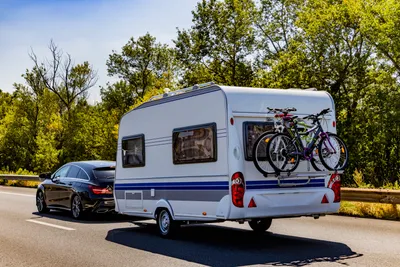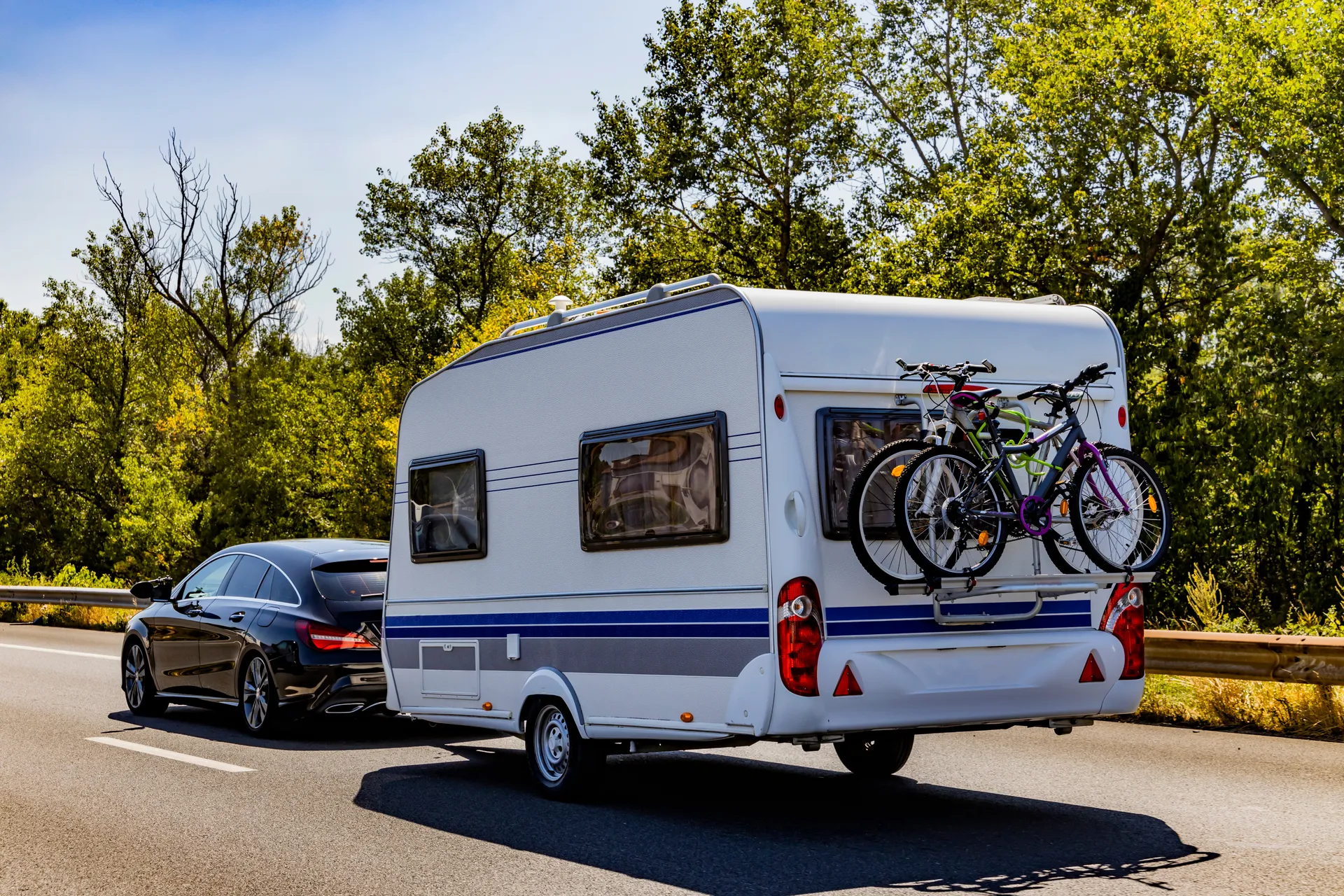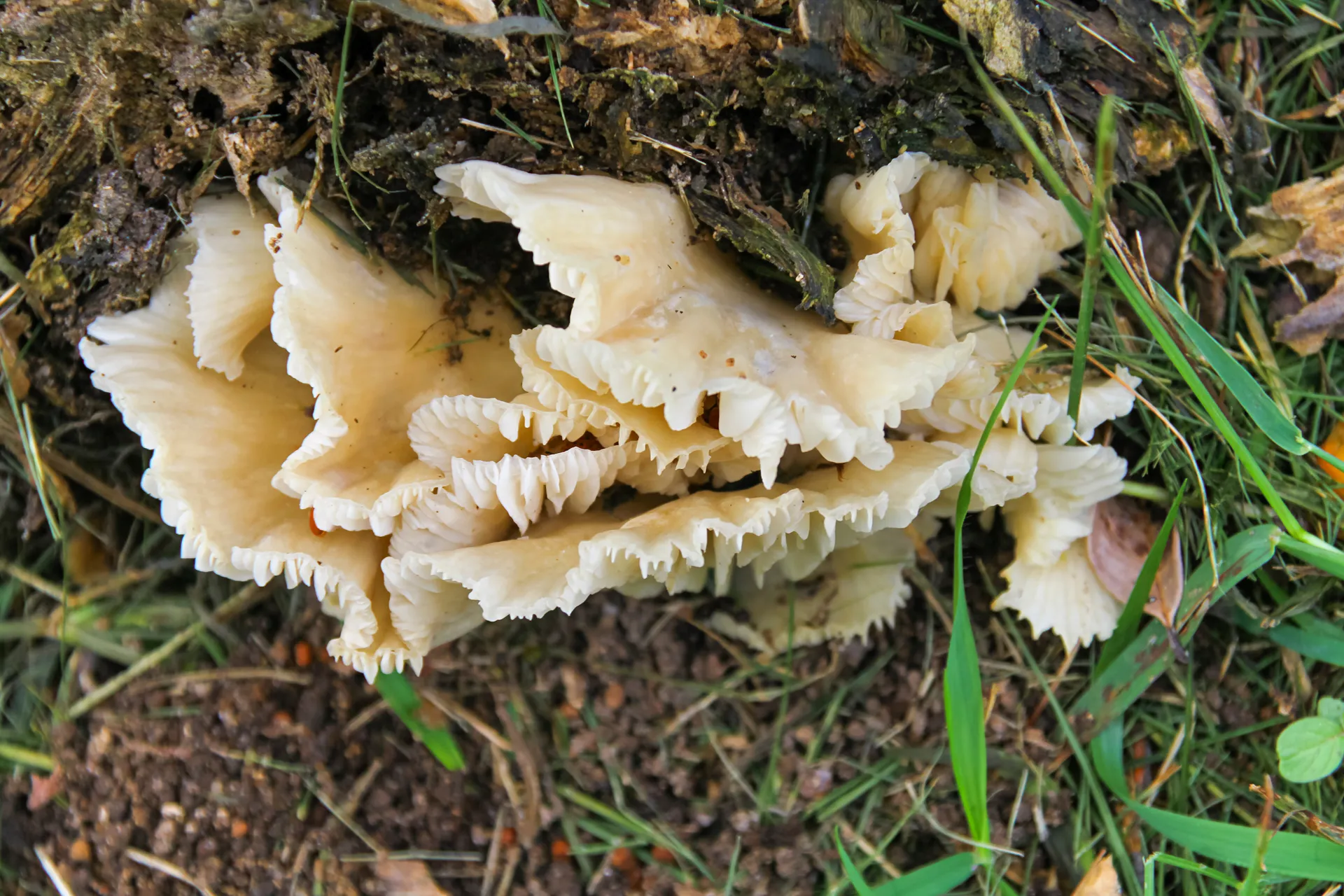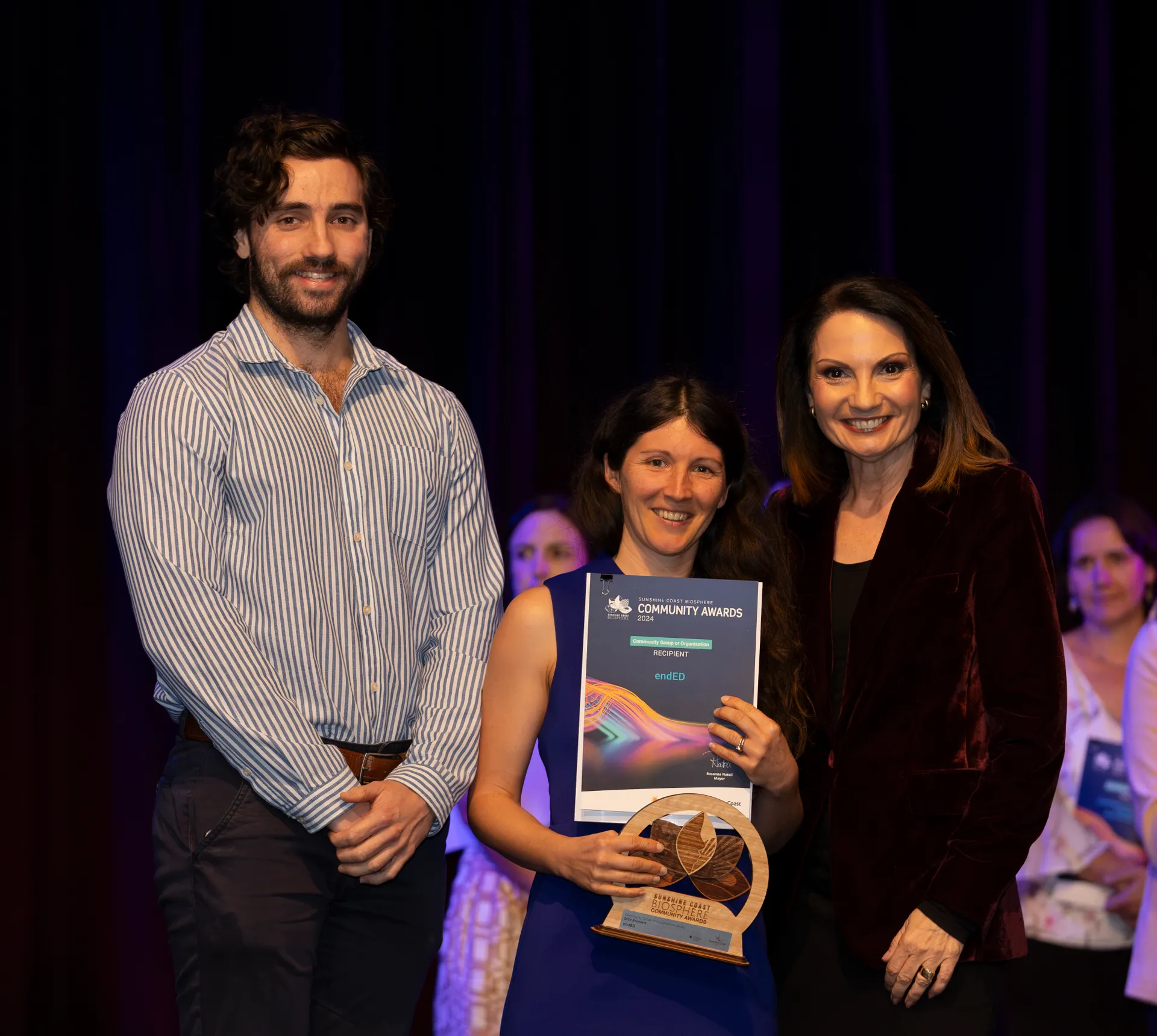How to save energy on the road
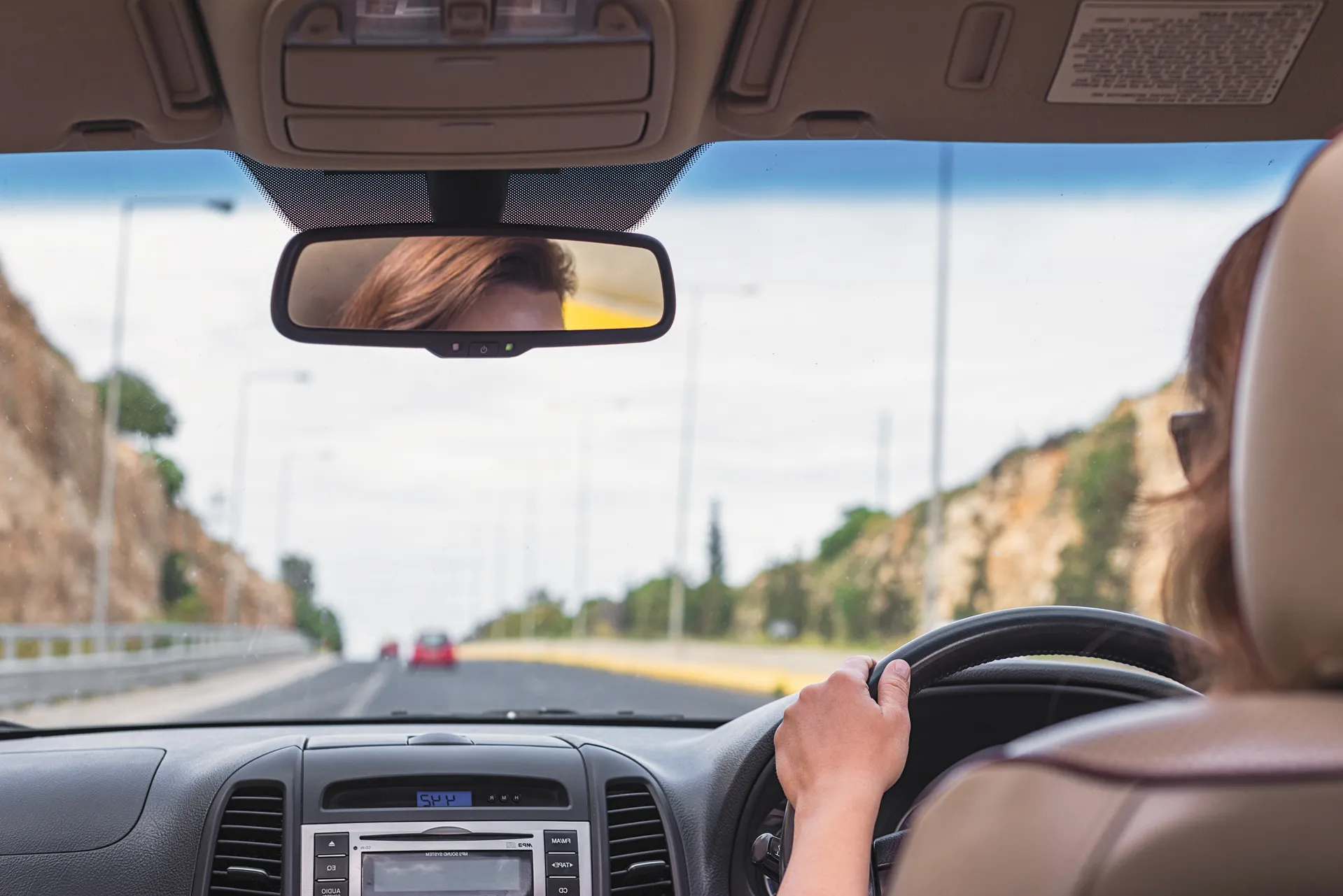
Before you next hit the bitumen remember how you drive can have a big impact on your fuel efficiency.
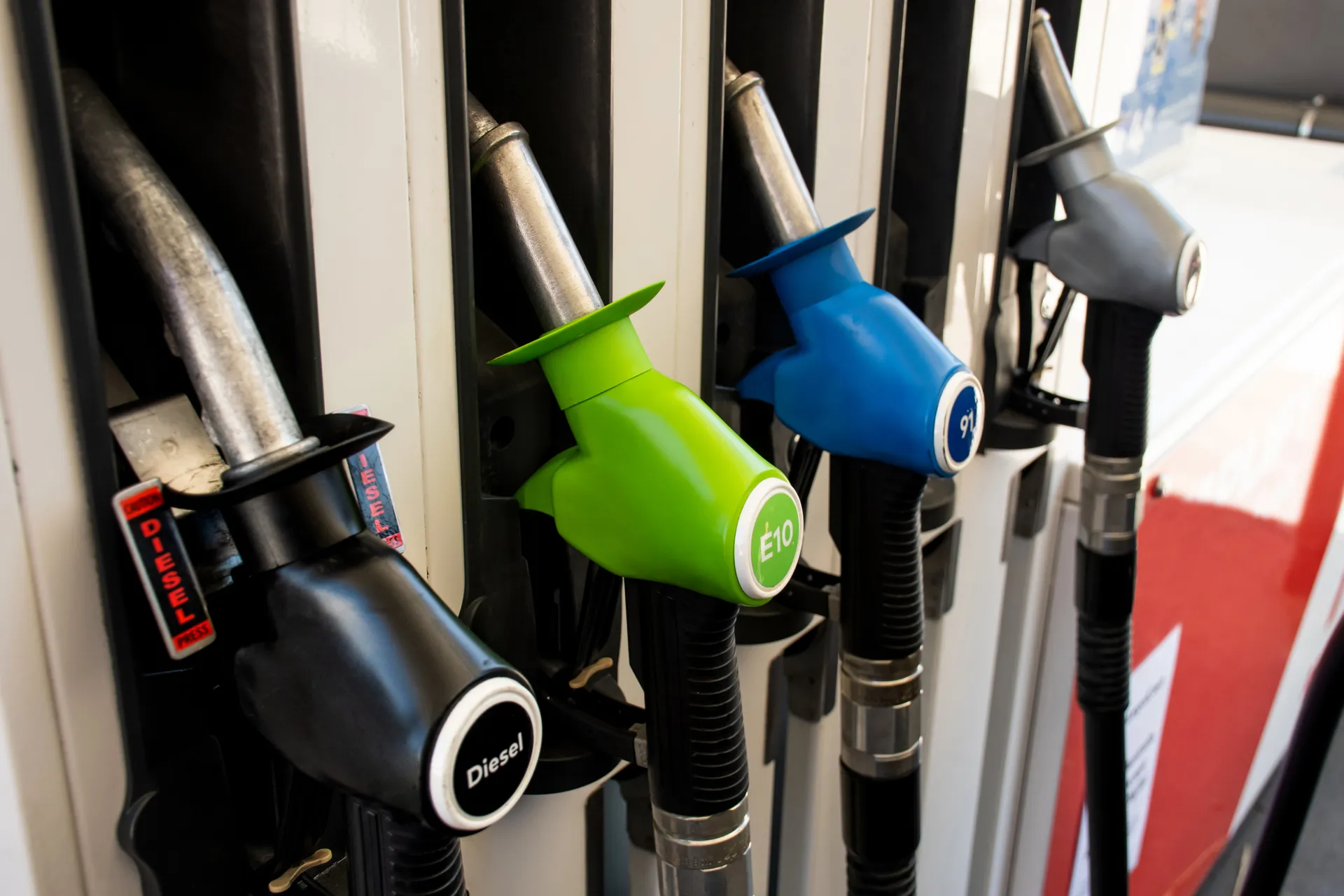
Fuel prices aren't going down anytime soon but simple tweaks can make a big difference to your wallet and will help reduce emissions.
Check your psi
Incorrect tyre pressure can significantly affect fuel efficiency. Under-inflated tyres create more rolling resistance, which means your engine has to work harder and burn more fuel to move the vehicle.
You should check your tyre pressure at least once a month and before long trips.
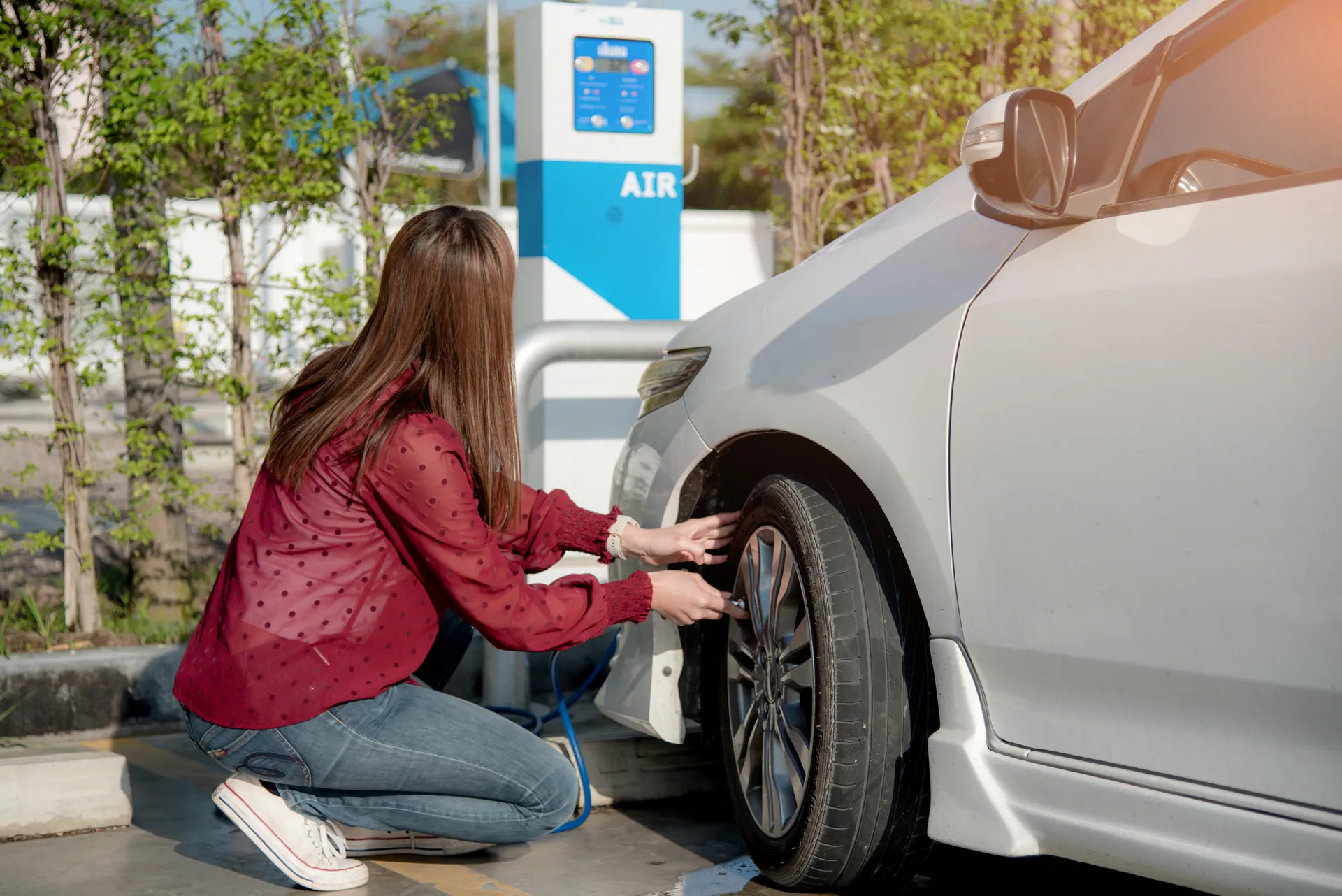
Fuel economy peaks between 50-90km/h
Cruising at around 90-95km/h in 100km/h or 110km/h zones will use less fuel than if you go faster but before you channel your inner snail, driving slower than 50km/h would cause your engine to drop a gear, using more fuel.
A a steady 50 – 90 km/h on the highway is best to achieve optimal fuel economy.
Above 80km/h use the aircon
Driving with the windows down at speeds faster than 80km/h causes a lot of wind resistance, and costs you a lot more fuel. Contrary to what you may think, in this situation, it’s simply more fuel efficient to drive with the aircon on.
Rev heads chew more fuel
Leave the doughnuts for desert, your engine uses less fuel when it is revolving slower, so maintaining a steady speed while accelerating provides better fuel economy.
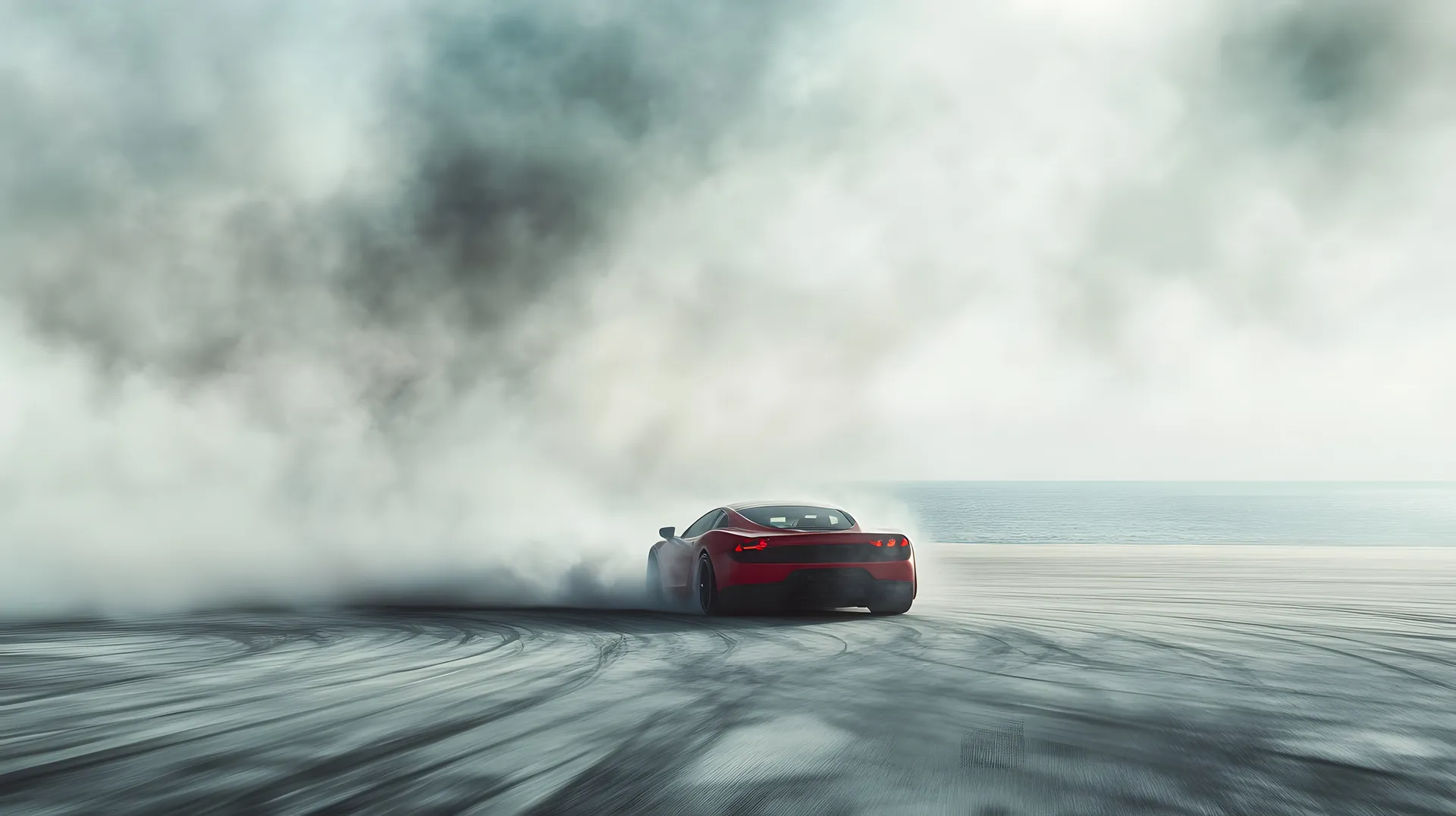
Channel your inner Barry White for a smooth ride
Slamming on the brakes increases fuel consumption as you need to accelerate again later, keep it smooth and avoid excessive braking.
Cruise control
Cruise in top gear If you’re driving an automatic car, make use of cruise control to keep your speed constant. And if you’re driving a manual car, maintain a higher gear when appropriate.
In each of these instances, your engines go through less revolutions per minute (RPM) and will reduce your fuel consumption.
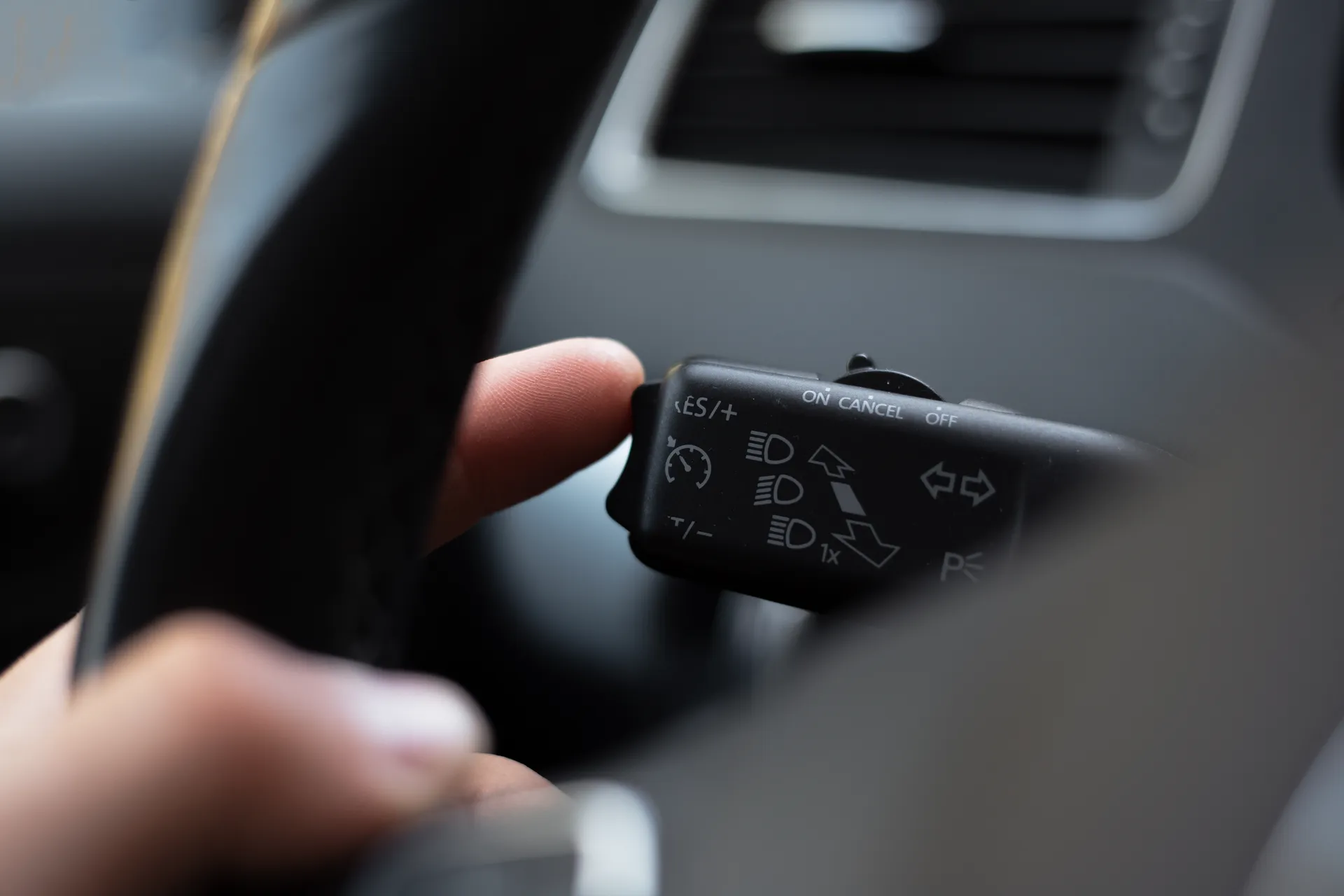
Read the road ahead
Be a driving chess master and plan your next move. Instead of slamming on the brakes to a complete stop, try slowing down as you approach the red light. Or when reaching the foot of a hill, start accelerating as you edge closer to it rather than when you approach it.
Avoid hard accelerations when moving your car from a complete stop, or climbing a hill as it will increase fuel consumption.
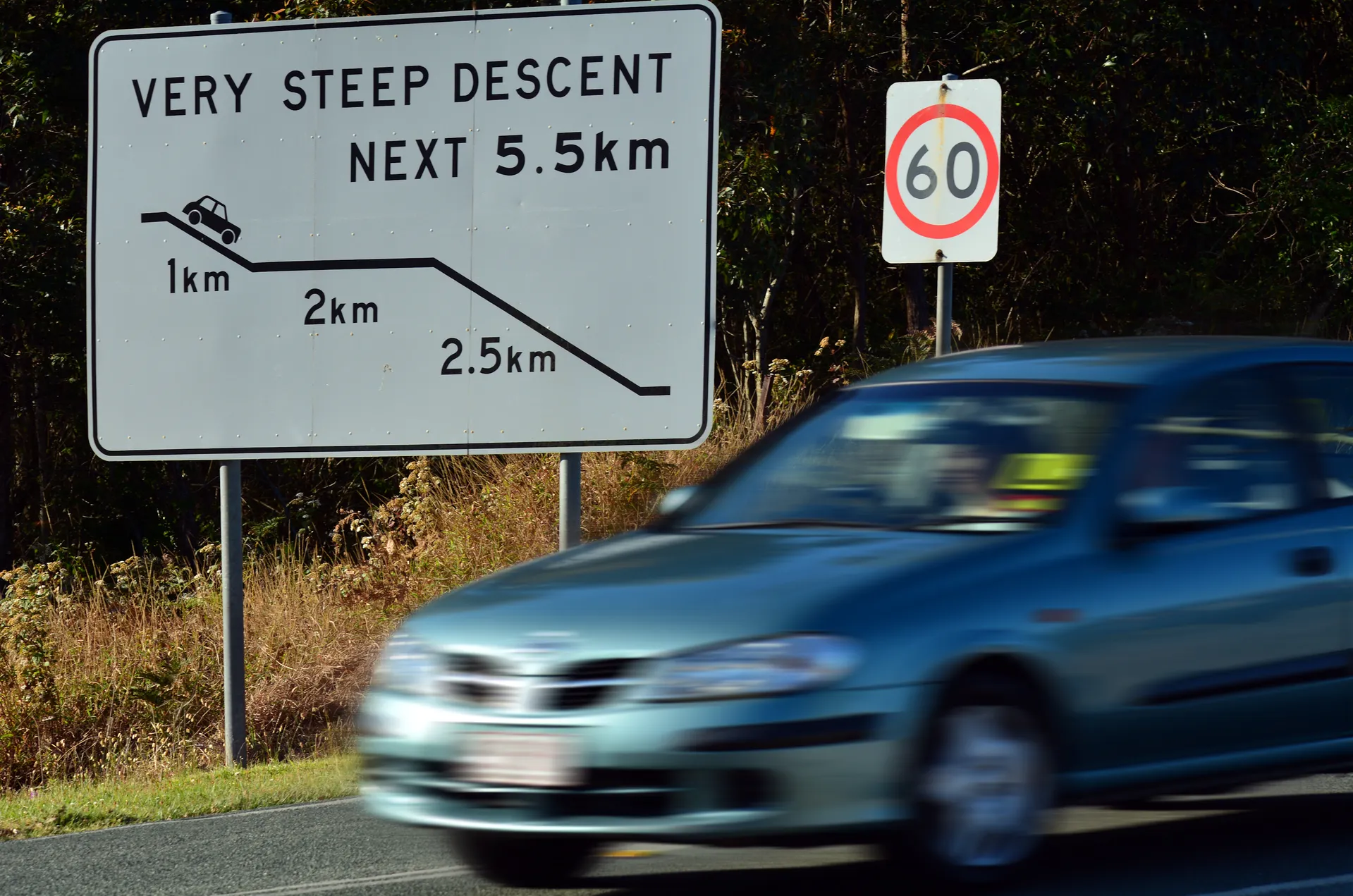
Stop-start drives add pressure
Constant stopping and starting in traffice puts pressure on your engine and burns more fuel. Could you choose a different route that flows better in peak times or leave
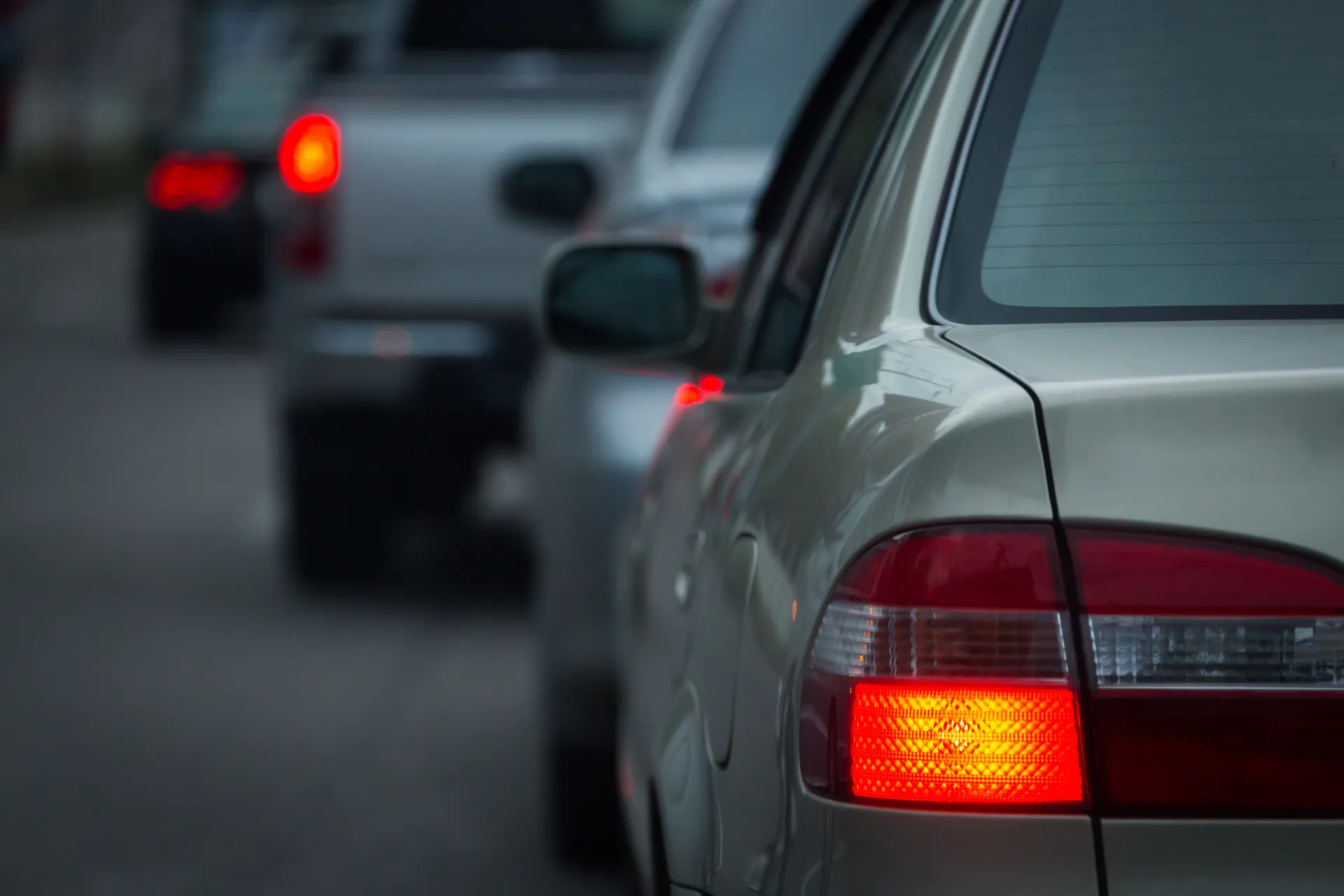
Feel the burn
Sitting in an idle car for more than three minutes is burning precious fuel, even if you're not moving. Switch the car off to save.
Is your fuel economy right?
The latest round of the Australian Automobile Association’s (AAA) Real-World Fuel Testing Program has found instances of vehicles that exceed their laboratory test results by as much as 20%.
Visit the Real-World Testing web page for more information.
Towing
Whether you're towing a caravan, boat, trailor or something else, adapting your driving style is one of the most effective ways to reduce fuel consumption when under load.
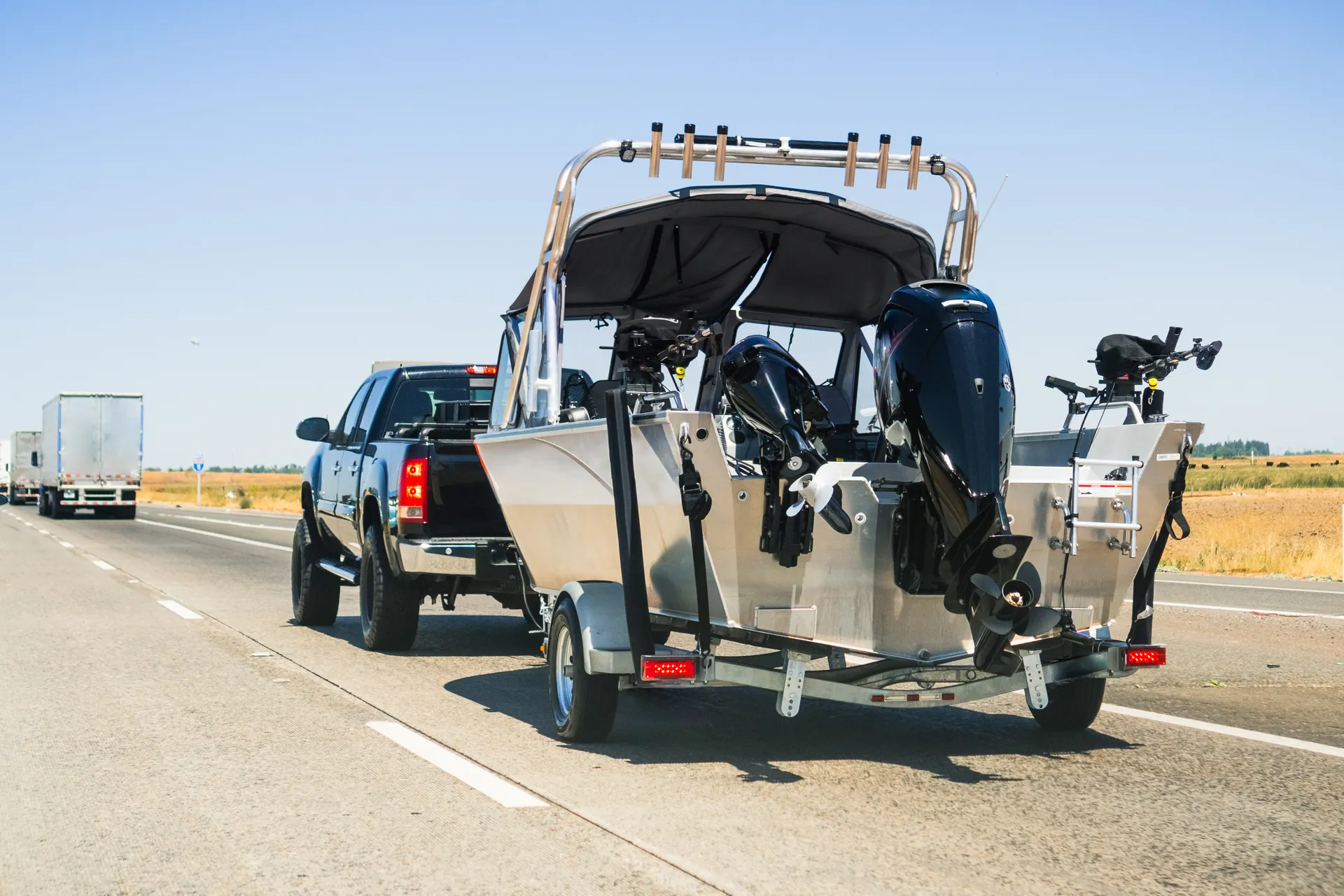
- gentle acceleration and early braking can significantly improve your fuel efficiency.
- reducing your speed by just 5 to 10 KPH can make a dramatic difference, especially when towing.
- reducing your vehicle's load also helps; an additional 200kgs can increase fuel consumption by 2-5 liters per 100 kilometers.
- avoiding driving on windy days
- maintaining proper tire pressure can further enhance fuel efficiency.
- re-think the cruise control while towing
- using premium engine and drivetrain lubricants, regularly changing your air filter, and considering fuel additives can also help.
- installing a wind deflector or a snorkel, and driving during cooler parts of the day, are additional tips to consider.
These changes are relatively low-cost and can lead to significant savings over time.
More about towing
Check out How to increase fuel efficiency while towing for more info


